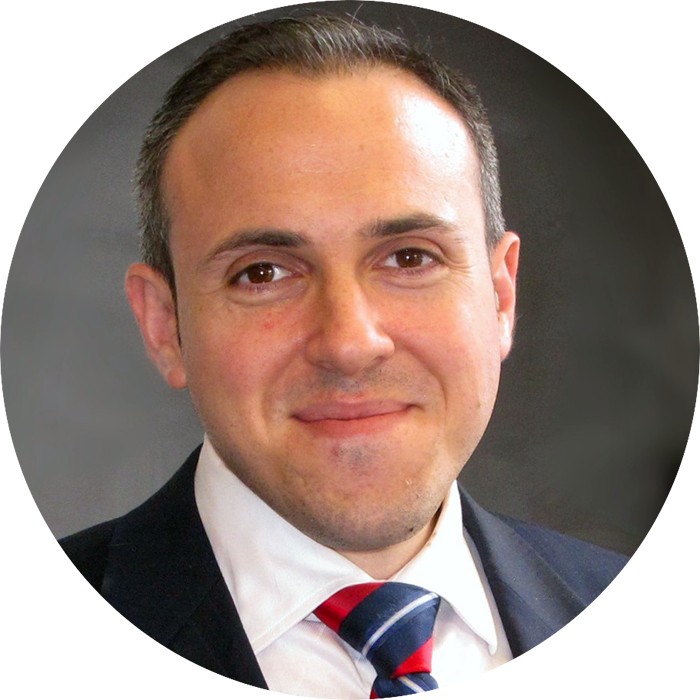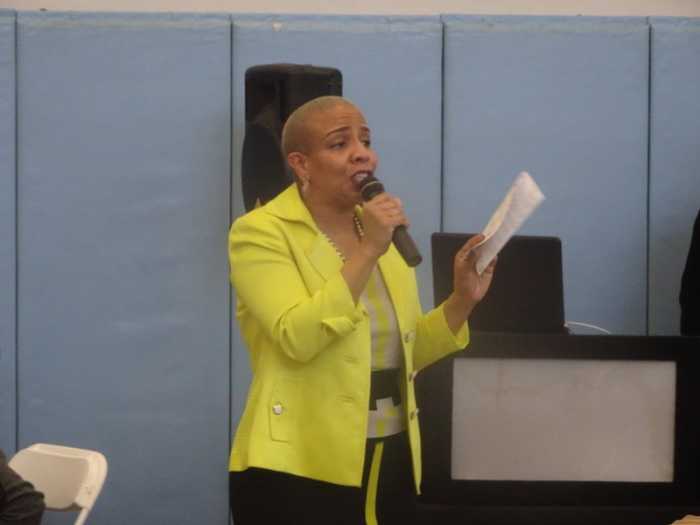A southern Brooklyn lawmaker will introduce legislation Thursday requiring the city to devise a plan to vaccinate homebound seniors.
The legislation, sponsored by Councilmember Mark Treyger (D-Coney Island, Bensonhurst, Gravesend), would require the city’s Department of Health to craft a strategy to vaccinate immobile seniors within 30 days of the bill’s passage.
Such a plan would help speed up the city’s inoculation efforts after a shortage of doses and confusing scheduling guidelines have prevented many seniors from receiving the vaccine, said the bill’s sponsor.

“Those who need the most help must be centered in the government’s vaccine distribution plan. Currently, that is not the case,” said Treyger.
The bill comes after Treyger and southern Brooklyn state Sen. Diane Savino demanded in late January that the city find a way to vaccinate homebound seniors, arguing that many elderly Brooklynites have no way to getting to vaccination centers. An at-home vaccination effort would speed up herd immunization in Brooklyn, which houses the largest population of seniors in the state, they said.
A staffer for the mayor apparently promised the lawmakers that health officials would get working on such a plan, but as of Feb. 3, a spokesman for the Department of Health and Mental Hygiene said he was not aware of the proposal.
Although the Department of Health offers free transportation for seniors traveling to vaccination sites, the city’s online scheduling system and unreliable translation services have prevented seniors from getting inoculated, locals have said.
“A lot of seniors in our neighborhood can’t speak English at all and they don’t know how to use a computer,” said Dr. Tim Law, a member of Bensonhurst’s Community Board 11. “They want to take the vaccine — they want to do it, but they cannot do it.”
Others have complained that the scheduling website will often say that no appointments are available without giving seniors the option to sign up for alerts, forcing eligible locals to constantly refresh the page all day.
The scheduling protocols have also been inconsistent. Last week, Gov. Andrew Cuomo opened pop-up vaccination sites at public housing complexes for seniors, and said that eligible residents had to call ahead to make an appointment. But when one local senior called to make an appointment at NYCHA Castle Hill Senior Center in the Bronx, the receptionist said they weren’t aware of the vaccination site, the senior told Brooklyn Paper.
“I had tried calling and registering online with no success,” said the senior, Gerri Yoshida.
Only one day before the site opened did the receptionist confirm to this reporter that the site would offer vaccines for walk-in patients only, contradicting the governor’s initial announcement. Yoshida received a vaccine from the site on Feb. 6, but said that turnout was low — possibly because of the lack of outreach and the confusing scheduling guidelines.
“I think there might be a problem with getting the word out in the Bronx. Not that many people showed up when I was there but I heard a similar pop up in Brooklyn had long lines,” Yoshida said.
The new City Council bill would circumvent these problems while minimizing the burden on New York’s most vulnerable, a Bensonhurst leader said.
“Senior citizens do not have the resources that work and are easy for them to use. Uncertainty with vaccines added to the anxiety of [those] 65-plus,” said Inna Lukyanenko from the Edith and Carl Marks Jewish Community House of Bensonhurst. “It is imperative that the city help us with up-to-date information regarding vaccines’ accessibilities so we can move from words to action.”
New York residents over the age of 65 have been eligible to receive the COVID-19 vaccine since Jan. 12, but just under 288,000 seniors have been inoculated so far in the Five Boroughs, according to the latest available data.
The new bill would also require the city’s health commissioner provide a report at least every two months outlining the number of homebound seniors vaccinated by ZIP code and any problems with the plan’s implementation.
The bill will be introduced Thursday afternoon, and the City Council will gather public testimony about the bill during a hearing held by the Committee on Aging on Feb. 17. The bill has not yet been scheduled for a vote.j
This story first appeared on our sister site Brooklyn Paper.









